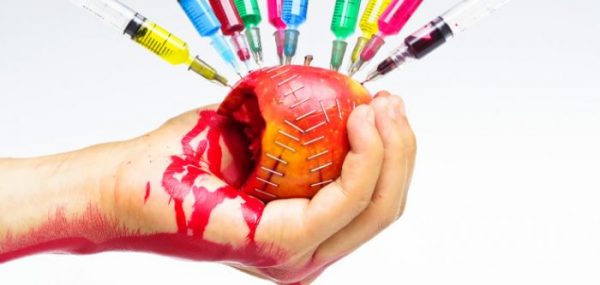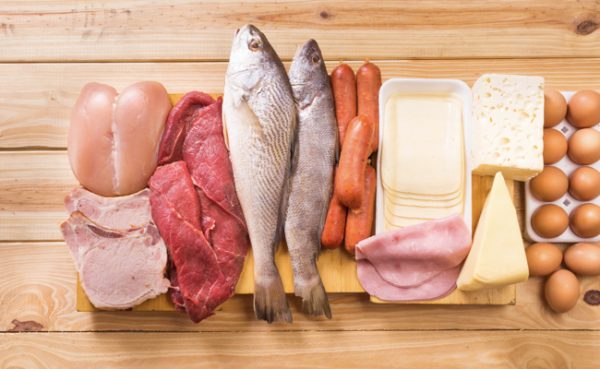How To Cure Insomnia Naturally: 5 Remedies That May Help
If you struggle with insomnia, you’re not alone. According to the Sleep Health Foundation, sleep disorders affect 33 to 45 percent of Australians, preventing them from getting the meaningful rest they need to be productive the next day.
Whether you reach for chamomile tea or seek therapy to treat underlying issues of anxiety or depression, a natural cure for insomnia is within reach.
Here are five remedies that can help you cure insomnia naturally:
1. Herbal sleep remedies
2. Find time for exercise
3. Eat the right bedtime snack
4. Perfect your nighttime routine
5. Seek cognitive therapy
According to WebMD, the branch of therapy dedicated to treating insomnia can make real inroads for patients who need to treat underlying issues — rather than just fix the negative cycles of...









